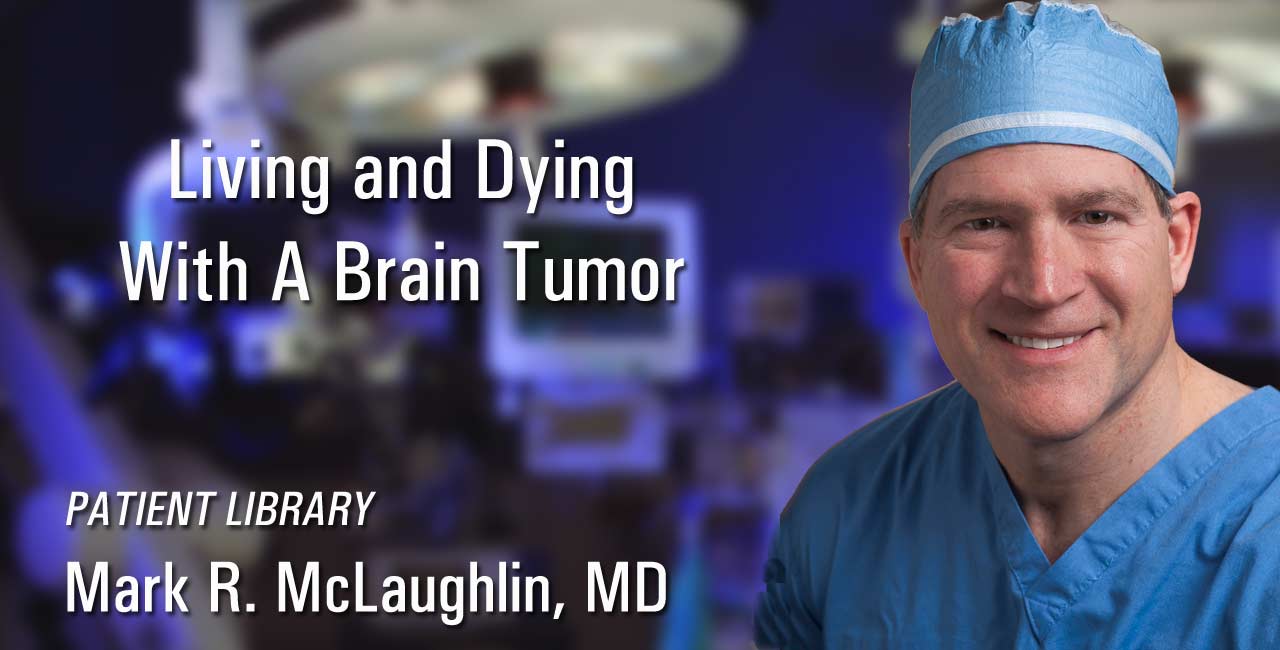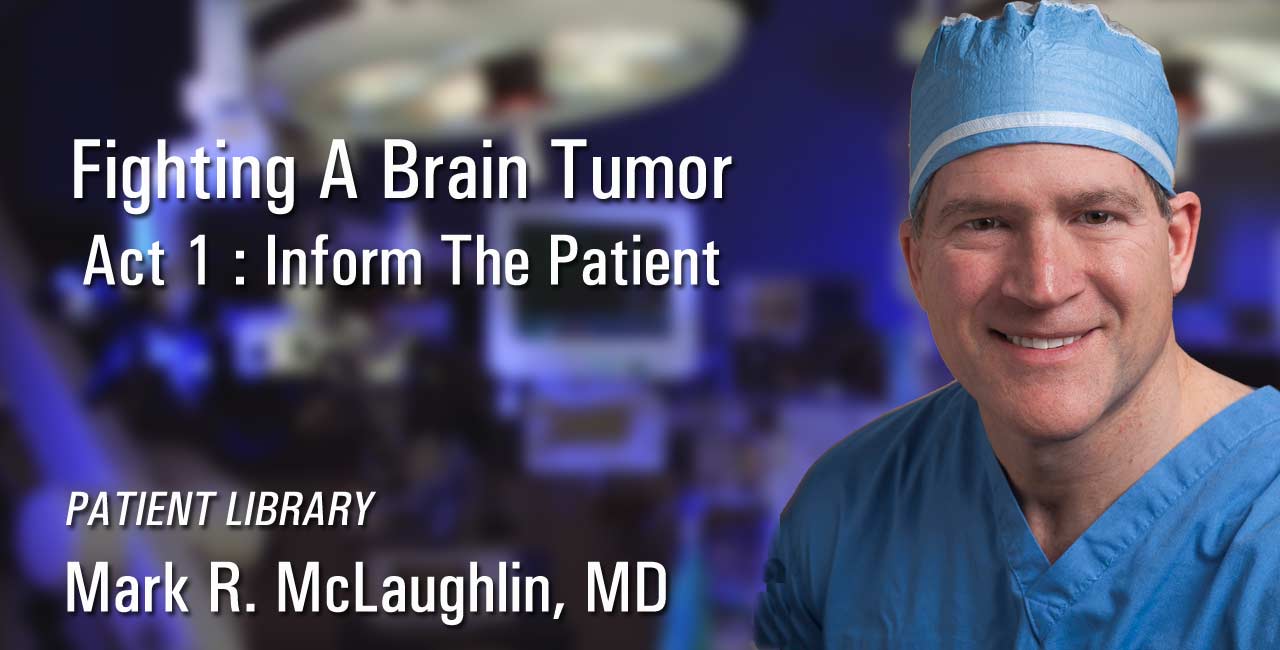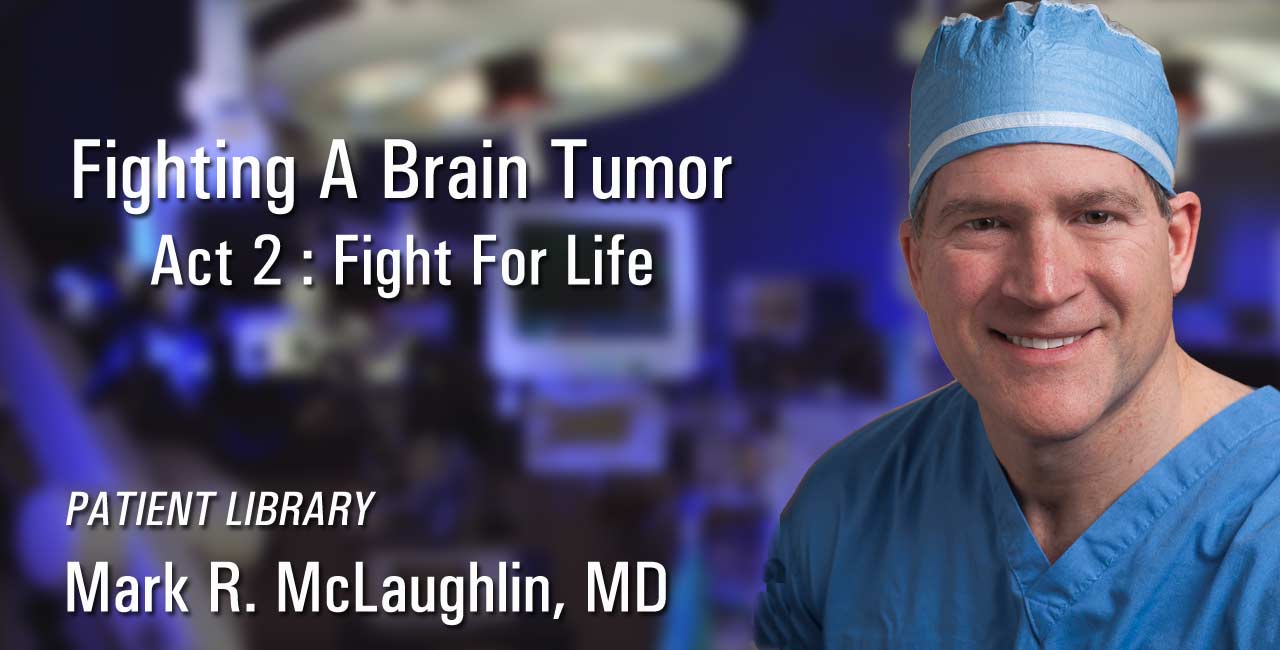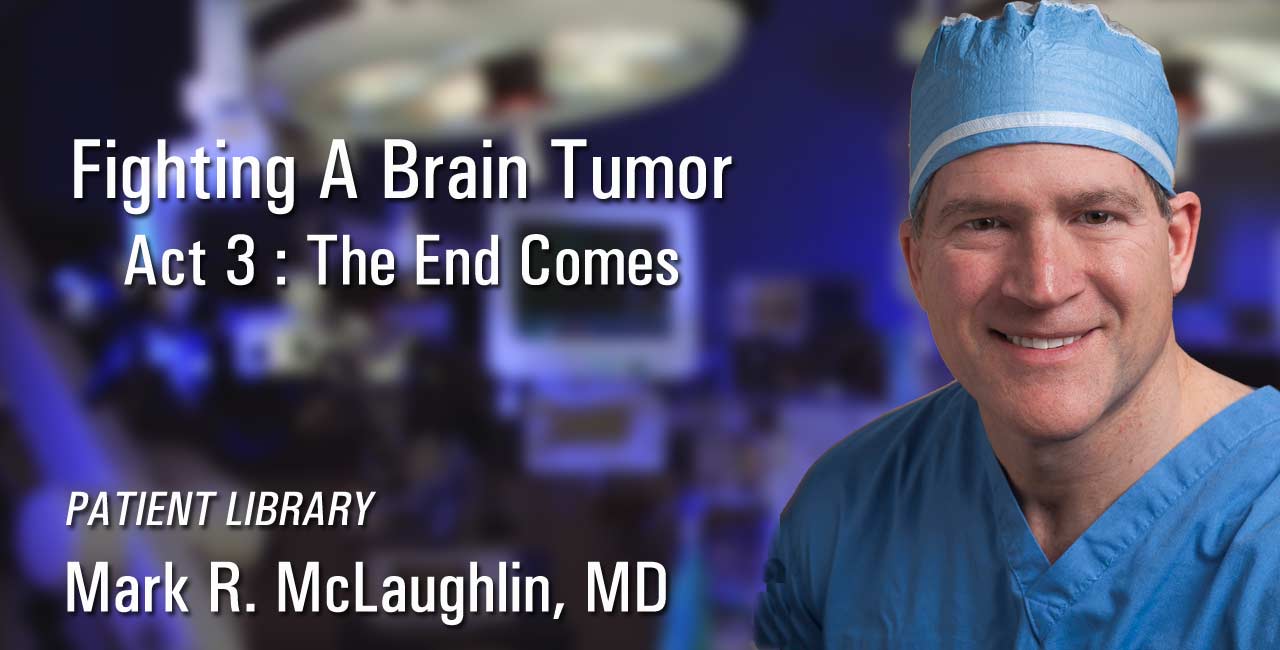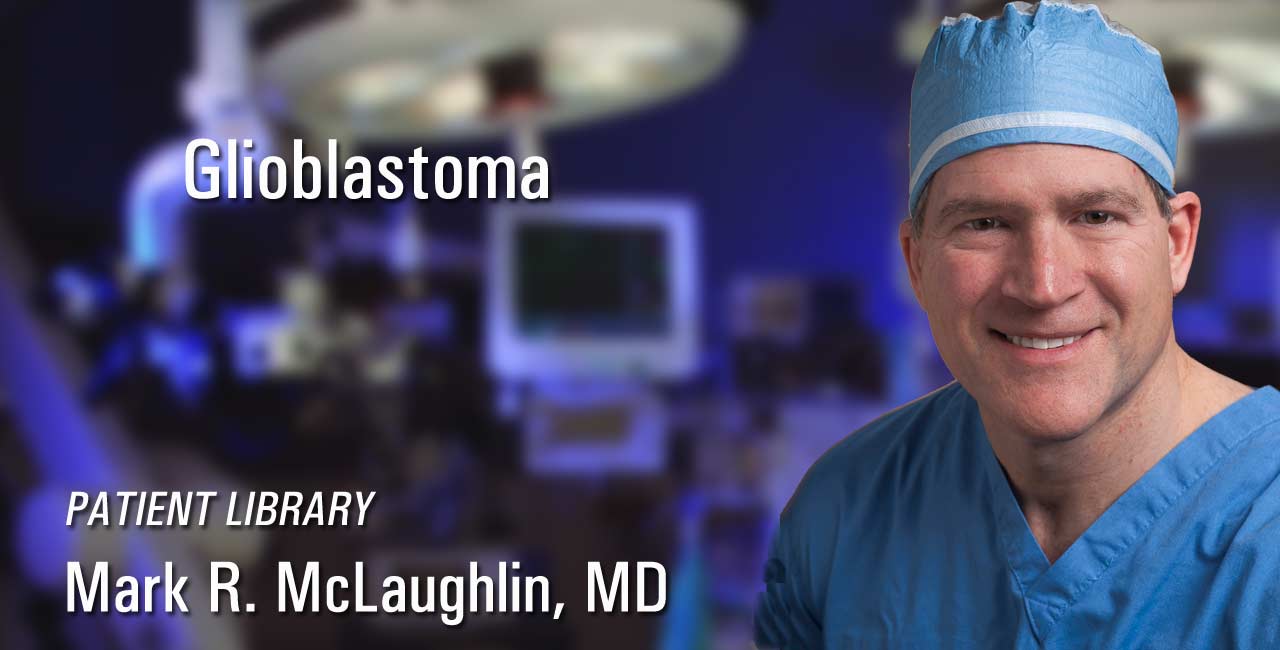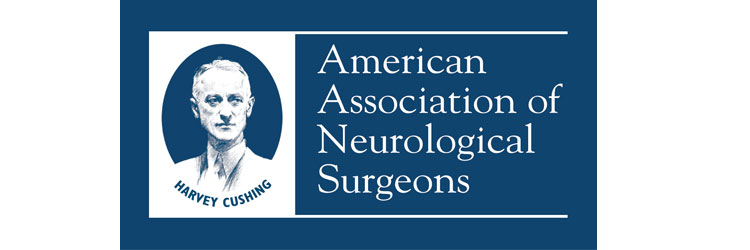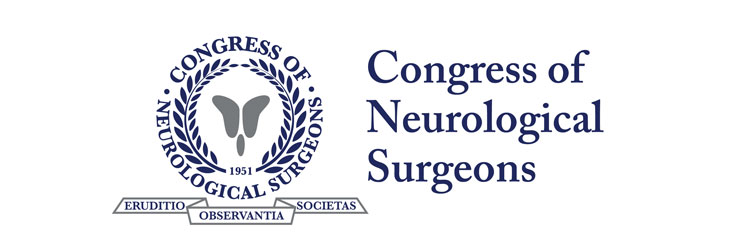Brain Tumors
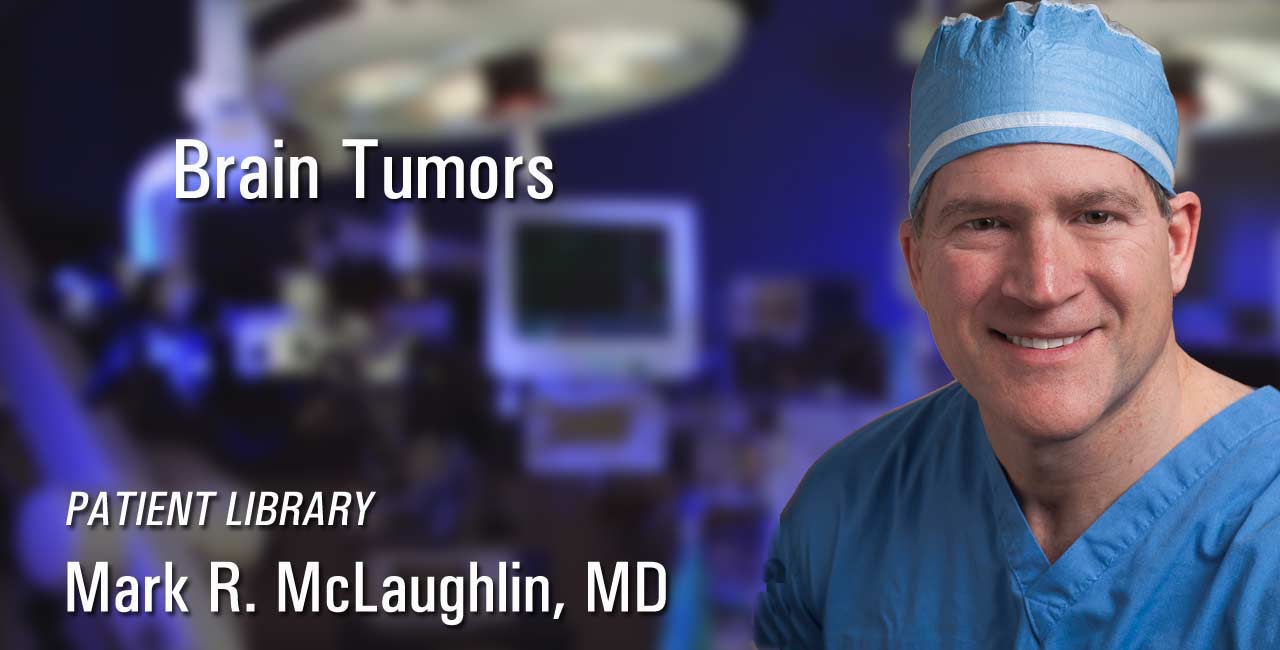
The typical course of treatment for brain cancer may include some combination of surgery, radiation therapy and chemotherapy depending on the location, size and type of brain cancer. Several specialists are usually involved in the treatment process including neurosurgeons, neuroradiologists, oncologists, radiation oncologists, pathologists and neurologists and pain management specialists. Other factors that enter into the treatment plan include the patient’s age, general medical condition and extent of the systemic cancer as well as quality of life issues.
Brain Tumor Information for Patients - Expert Princeton Neurosurgeon
Living and Dying with a Brain Tumor - The Question
How do you tell someone they have a brain tumor? Ned, my high school buddy asked me recently at our reunion luncheon, trying to get an insider’s view of a neurosurgeon’s life. It’s actually a very common question that I am asked.
Fighting A Brain Tumor : Act 1 - Informing The Patient
Act One- Fighting a Brain Tumor... Informing the patient. The patient usually knows the words to come long before I sound the first syllable. Almost always, people with cancer in their lives more than look me in the eyes.
Fighting A Brain Tumor : Act 2 - The Fight For Life
Fighting a Brain Tumor.... Act Two- the fight for life. This is the toughest battle a patient will likely ever encounter in their lives. At this point in the script, patients have had their surgery and we’re discussing the results. The
Fighting A Brain Tumor : Act 3 - When the End Comes
Fighting a Brain Tumor Act 3... when the end comes. When the fight has been fought and the enemy reigns superior, the team yields and the toughest question of all must be faced.
Understanding Glioblastoma
On April 30, 2025, acclaimed singer Michael Bolton was interviewed in People Magazine about his December 2023 diagnosis of glioblastoma, his surgery, and his current condition.
